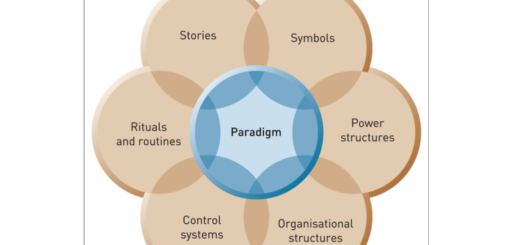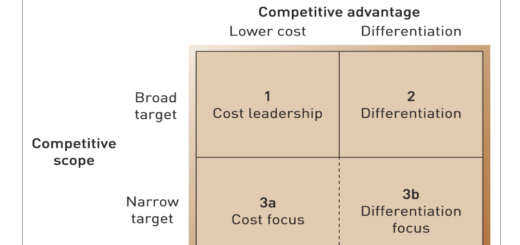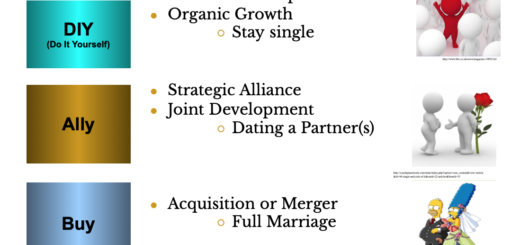Performance and Rewards
Performance and rewards are two important concepts in the management of organizations. Performance refers to an employee’s ability to effectively carry out their job duties and achieve desired outcomes, while rewards refer to the incentives given to employees to recognize and reinforce positive performance.
The relationship between performance and rewards is often managed through a performance management system, which includes performance metrics and goals established for employees. Rewards are then provided when these goals are met or exceeded. Rewards can take various forms, including financial rewards such as bonuses or stock options, or non-financial rewards such as public recognition or flexible work arrangements.
Rewards are important as they can be a powerful motivator for employees to perform at their best. By tying rewards to performance, employers can incentivize employees to achieve their goals and contribute to organizational success. Rewards can also help to retain top performers and reduce turnover, as employees who feel recognized and rewarded for their hard work are more likely to stay with the organization and continue to perform at a high level.
However, it is important to note that the relationship between performance and rewards can be complex and nuanced. For example, if rewards are not perceived as fair or equitable, they may actually demotivate employees and reduce performance. Additionally, rewards should be designed to promote long-term performance and organizational success, rather than short-term gains at the expense of other important factors such as employee well-being or ethical considerations.
In conclusion, the relationship between performance and rewards is an important aspect of organizational management. By designing a fair and effective rewards system that promotes long-term performance and organizational success, employers can incentivize employees to perform at their best and achieve their goals, while also retaining top talent and promoting a positive workplace culture.





